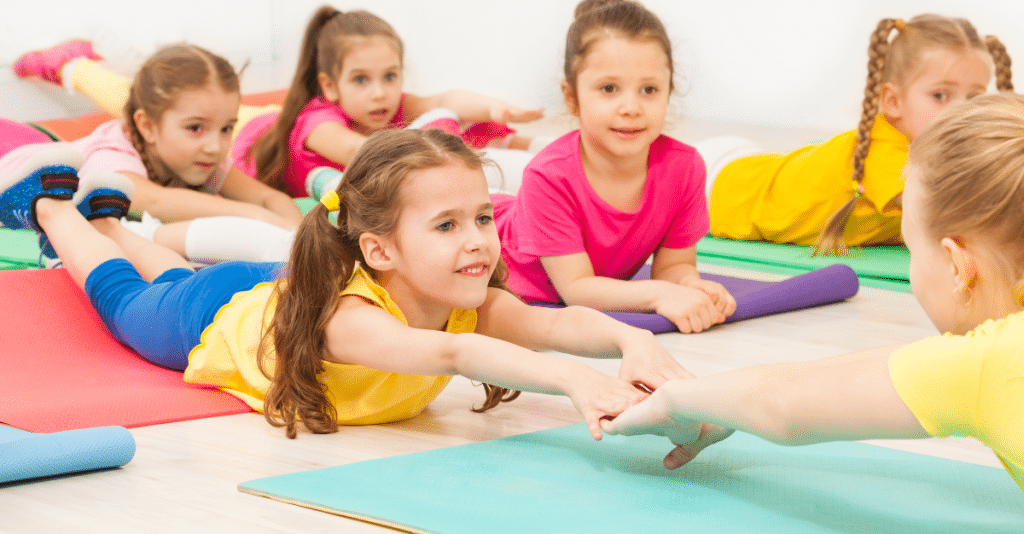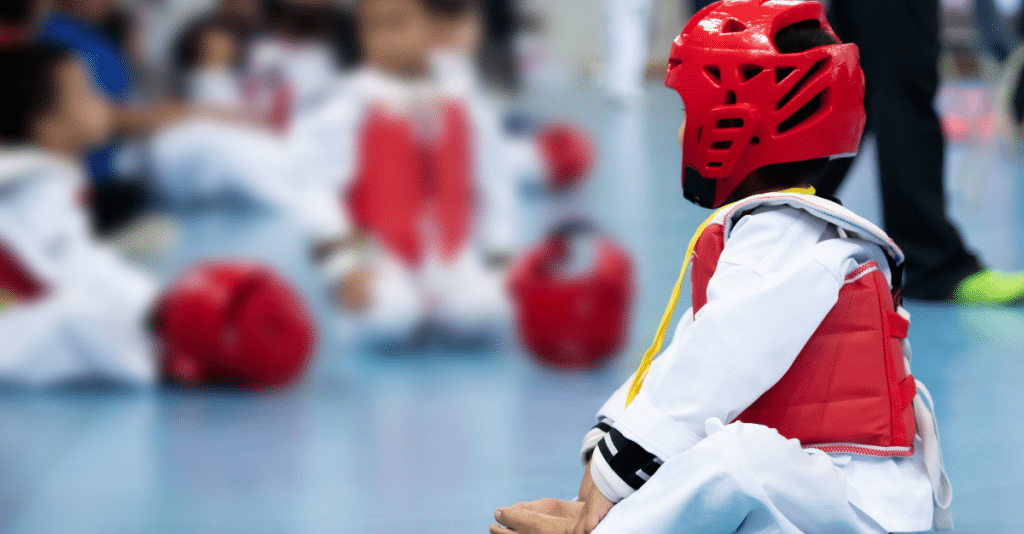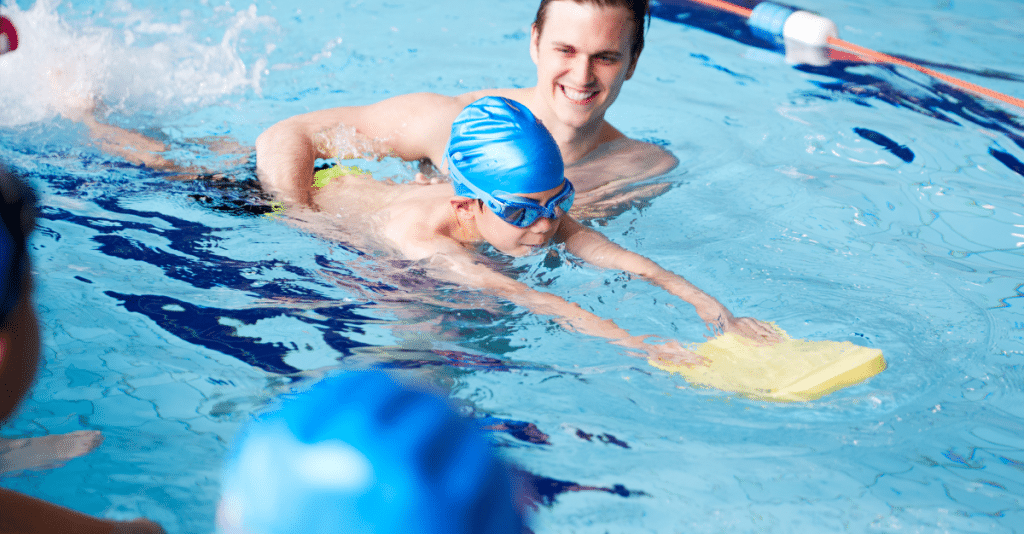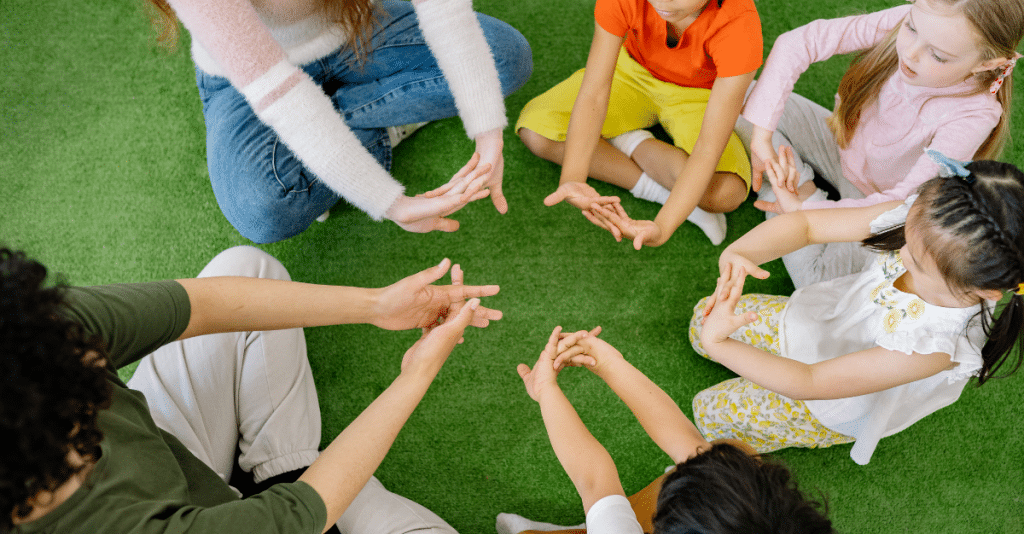Raising Future Athletes: Tips for Identifying and Supporting Athletic Gifts
Raising Future Athletes: Tips for Identifying and Supporting Athletic Gifts

Preschoolers, with their boundless energy and natural enthusiasm, often exhibit early signs of athletic potential. Recognizing and nurturing these gifts at a young age can lay the foundation for a lifelong love of sports and physical activity. In this guide, we explore tips for parents and educators on identifying and supporting athletic gifts in preschoolers, understanding the importance of early childhood development in shaping future athletes.
1. Early Signs of Athletic Potential
Identifying athletic potential in preschoolers involves observing their physical abilities, coordination, and enthusiasm for movement. Look for signs such as agility, balance, hand-eye coordination, and a natural inclination towards physical play.
2. Exposure to Various Sports and Activities
Provide preschoolers with exposure to a variety of sports and physical activities. This allows them to explore different movements and discover activities that resonate with their interests and natural abilities.
3. Active Play and Physical Literacy
Encourage active play as an essential component of physical literacy. Preschoolers should engage in activities that develop fundamental movement skills, including running, jumping, throwing, and catching. These skills form the building blocks for future athletic prowess.
4. Observe Enthusiasm and Interest
Pay attention to a preschooler’s enthusiasm and interest in physical activities. A genuine passion for movement and play is a strong indicator of athletic potential. Children who eagerly participate in sports-related games may be expressing a natural inclination towards athleticism.
5. Supportive Environment at Home
Create a supportive environment at home that encourages physical activity. Provide age-appropriate sports equipment, designate spaces for active play, and participate in physical activities together as a family. Positive reinforcement for effort and enjoyment fosters a healthy attitude towards sports.
6. Focus on Skill Development Over Competition
Emphasize skill development over competition in the early years. Preschoolers benefit from a focus on mastering basic skills and enjoying the process of learning rather than the pressure of competitive performance.
7. Balance Rest and Play
Recognize the importance of balance between rest and play. While physical activity is crucial, adequate rest is equally essential for a preschooler’s overall well-being and physical development. Ensure a balance between active play and sufficient rest periods.
8. Listen to Their Preferences

Pay attention to preschoolers’ preferences and interests. If a child expresses a particular liking for a sport or physical activity, it may indicate a natural inclination. Support their choices and provide opportunities for further exploration.
9. Provide Age-Appropriate Equipment
Ensure that sports equipment is age-appropriate and tailored to the size and capabilities of preschoolers. This promotes safety, comfort, and a positive experience during sports-related activities.
10. Seek Professional Guidance

If there are signs of exceptional talent or specific interests, consider seeking professional guidance. Coaches, sports educators, or pediatric specialists can provide valuable insights and advice tailored to a child’s unique needs and abilities.
CONCLUSION

In conclusion, identifying and supporting athletic gifts in preschoolers is a journey of exploration, play, and positive reinforcement. By creating a supportive environment, offering exposure to various sports, and focusing on the joy of movement, parents and educators contribute to the holistic development of future athletes. Early childhood development plays a pivotal role in shaping not only physical abilities but also instilling a lifelong passion for a healthy and active lifestyle.
Mulberry School Tour
Our Locations
Click here to visit our Contact Us page and view the preschool/infant care centres conveniently located near you.
CONNECT WITH US
USEFUL LINKS
About Us
Mulberry Learning prides itself on making the preschool experience both memorable and enjoyable while transforming a child into a competent explorer, an imaginative thinker, and a creative problem solver. Through our proprietary award-winning curriculum, unique Habits of Mind programme and dedicated staff who are passionate about imparting positive attitudes, Mulberry Learning holds strong in its promise to deliver a holistic education that nurtures the Future Ready Child.
A PREMIUM PRESCHOOL BRAND UNDER GLOBAL EDUHUB


